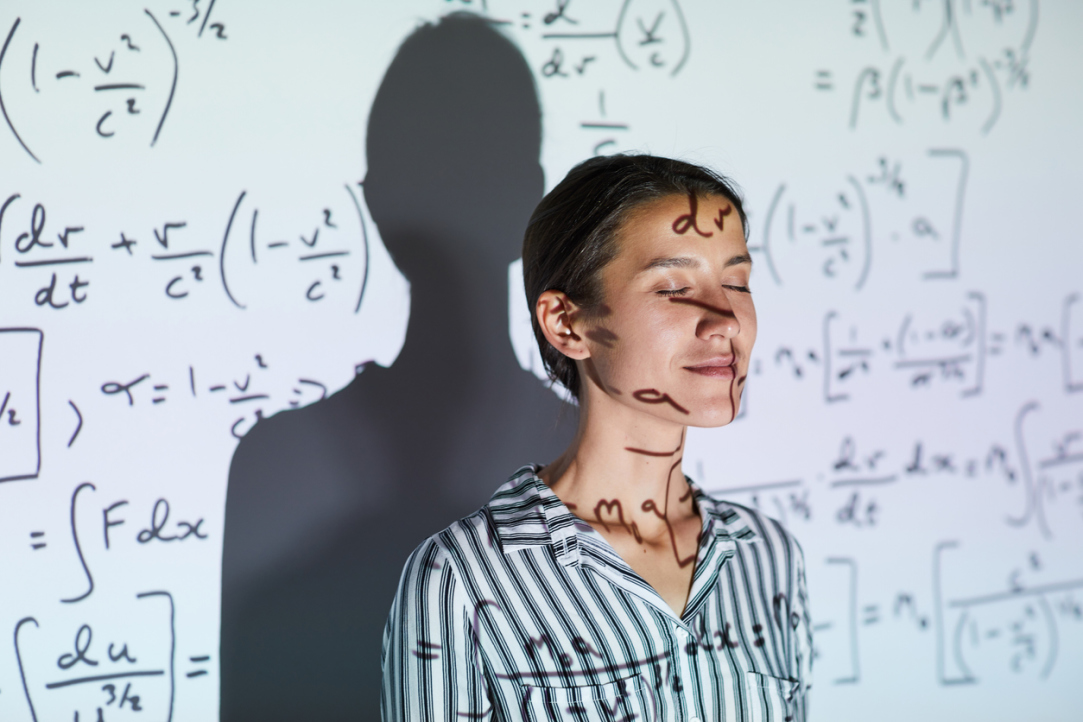
Moscow Ranks among World’s Top Three Major Cities Implementing Effective Economic Policy During the Coronavirus Crisis
Researchers from HSE University conducted a study of 15 of the world’s largest cities in Europe, Asia, and North America that assessed the cities’ labour market activity, post-quarantine economic recoveries, and the extent to which their digital infrastructures were prepared for the crisis. The study showed that Seoul and Shanghai, followed by Moscow, dealt with the crisis most effectively. Singapore and Stockholm ranked 4th and 5th, respectively.

New Inequality, Environmental Impact and Other Consequences of the Coronavirus Pandemic: III ICEF Conference on Applied Economics Focuses on COVID-19
This year, the ICEF Conference on Applied Economics will be held online for the first time ever. On September 12, experts from around the world will discuss the impact of the coronavirus pandemic on the global economy. The HSE News Services describes the papers that will be presented and why the organizers decided to devote this event to COVID-19.

Digital Dissidents: About 16% of Russians Are Reluctant to Use the Internet
Almost 77% of households in Russia have access to the Internet. This is not an outstanding result compared to other countries—for instance, in South Korea, 99% of families have access to the Internet. Russia's lag is caused not by technical problems with connectivity, but by the reluctance of 16.3% of households to go online. This is stated in the digest Digital Economy Indicators :2020, released by the HSE Institute for Statistical Studies and Economics of Knowledge.

Running at a Deficit: How the Lockdown Affected the Global Economy and What to Expect in the Short Term
Countries across the world announced support measures in the amount of USD 11 trillion to pull the economy out of the crisis caused by the pandemic and lockdown. Such hefty money injections into the economy will promote GDP recovery but at the same time may raise the spectre of growing public debt. Sergey Pukhov, the lead expert of HSE Centre of Development Institute, talked to the portal's News Service about the matter in question.

A Strong-Willed Population: How Russians’ Personal Qualities Influence Their Income Level
Russians who are open to new experience, conscientious, and emotionally stable have better chances of achieving professional and financial success. This is the finding of a study conducted by HSE researchers that analyzed the impact of personal qualities on the behavior of Russian citizens of various social and economic groups. The study was based on a vast range of data collected from 2000 to 2016.

STEM Not for Women? How Gender Stereotypes Stop Women from Becoming Programmers and Engineers
Young women are often discouraged from careers in STEM (Science, Technology, Engineering and Mathematics), resulting in fewer young engineers and programmers entering the labour market. A study by Natalia Maloshonok and Irina Shcheglova examines how and why gender stereotypes can disempower female students, leading to poor academic performance and high dropout rates.

Russia Is Among the Leaders of the Global COVID-19 Pandemic Response Efficiency Index
In a recent study, HSE University researchers analyzed and ranked the responses of 48 countries to the coronavirus pandemic. National responses were evaluated with regard to three factors: medical care, social support, and economic support. Among the 48 analyzed countries, Russia placed 7th, while Australia ranked the first.
.jpg)
A Ticket to the Rocky Mountains and Media Research
This year HSE University is launching a new Master's programme in Critical Media Studies. HSE bulletin HSE Look has talked to Olga Baysha, Associate Professor at the Faculty of Communications, Media and Design, who was involved in creating the programme, about her path in academia, research interests, and teaching.

‘Projects Will Bring Research Teams Together’
A number of new projects will form the basis of the educational and scholarly activity at HSE’s School of Philology. These projects will allow the School to expand its scholarly breadth, consolidate its active research teams, and engage new colleagues in collaboration. HSE News Service spoke with School Head Evgeny Kazartsev about the new projects, their anticipated outcomes, and what changes will need to be made in order to bring them to fruition.
The Earliest Cat on the Northern Silk Road
HSE researchers Irina Arzhantseva and Heinrich Haerke from the Centre of Classical and Oriental Archaeology (Faculty of Humanities) have been involved in the discovery of the earliest domestic cat yet found in northern Eurasia. The presence of Dzhanik (as the archaeologists have begun to call the tomcat) implies that there was a reasonably large settlement with a sedentary population even 200 years before it was surrounded by big walls and was called a town.


Application deadline: June 23, 2025